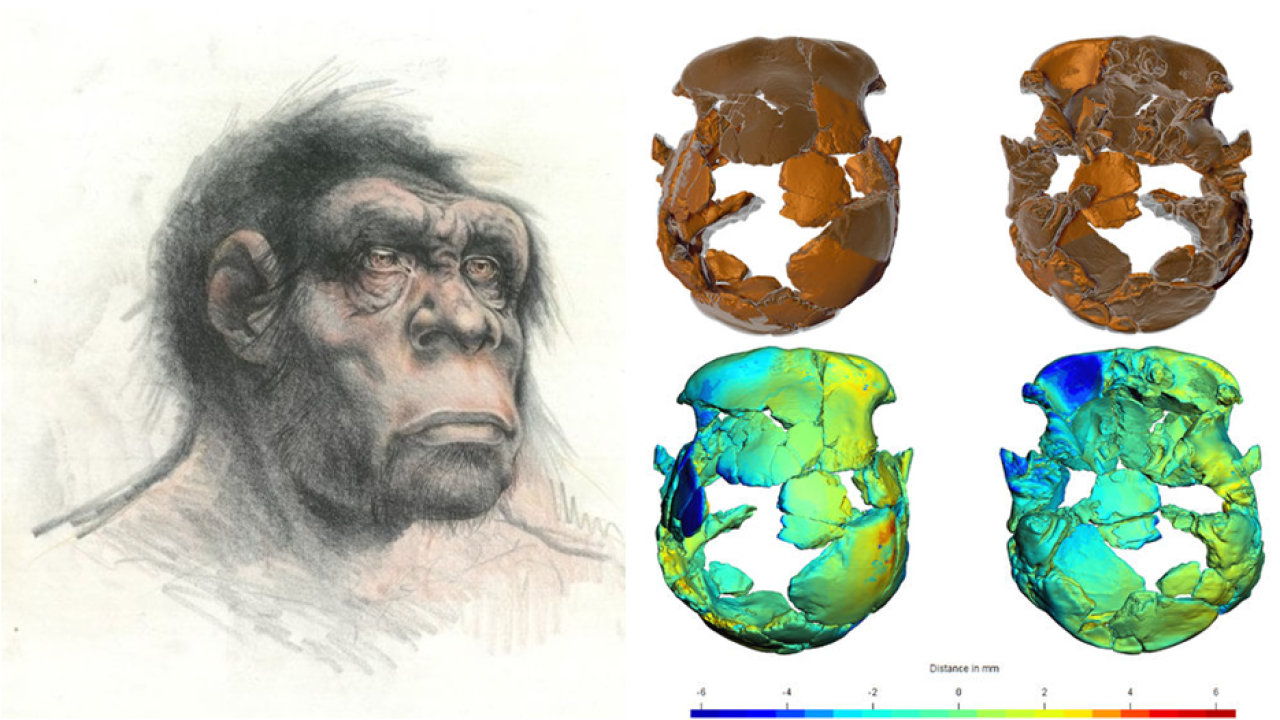
In an international effort to illuminate how mathematical
sciences can quantify such environmental issues as climate change,
renewable energy and resource management, over 100 scientific
institutions across the globe have designated 2013 as the year for
"Mathematics of the Planet Earth". Over the course of 2013,
institutions around the world will host lectures, workshops and
other activities in support of this green initiative.
Earlier this year, ICTP hosted one such event: the 5th Women in
Mathematics Summer School, which, in accordance with Mathematics of
Planet Earth, focused on the mathematical theories of environmental
models. PhD students, post-docs and speakers from 34 countries
gathered at ICTP for seven course-intensive days of lectures and
problem-solving and tutorial sessions.
Although the summer school's scientific committee has pledged the
workshop as a way to encourage women to pursue mathematics to the
highest degree of education and onward, both men and women can
participate. Of the 80 people who attended this year, 56 were women
and 24 were men.
Compared with previous events, the 5th Women in Mathematics
Summer School was one of the most geographically diverse. ICTP's
support played a key role in the scientific committee's decision to
advertise, support and accept many applications from women
mathematicians in developing countries. As a result, the total
country count amounted to 34, of which well over half, 22, were
developing countries.
Women around the world face discrimination, but it can be
especially hard for women in the developing world due to an extreme
lack of female mentors, colleagues and cultural support. Meanwhile,
their countries lie on the brink of near certain devastation as
climate change drives up temperatures and water levels. The
consequential droughts and floods would spell disaster for any
agriculturally-based country, but especially for those too poor to
survive and rebound from an especially harsh season.
Therefore, many of the school's participants had the opportunity
to build self-confidence as women in mathematics as well as
discover how their position in science can help their country. For
example, the school held roundtable discussions where participants
discussed and shared their experiences, which committee member
Emilia Mezzetti says was useful because it gave participants a
multi-cultural perspective on the similarities and differences
involved with being a woman in mathematics.
"Overall, this year's school was excellent," Mezzetti says. "My
impression was that people were very happy and the topic of this
year's school was chosen well. Also, many of the courses related to
one another and speakers were willing to interact with
participants, so the events were very active."
For information on the upcoming sixth Women in Mathematic Summer
School
click here.
















